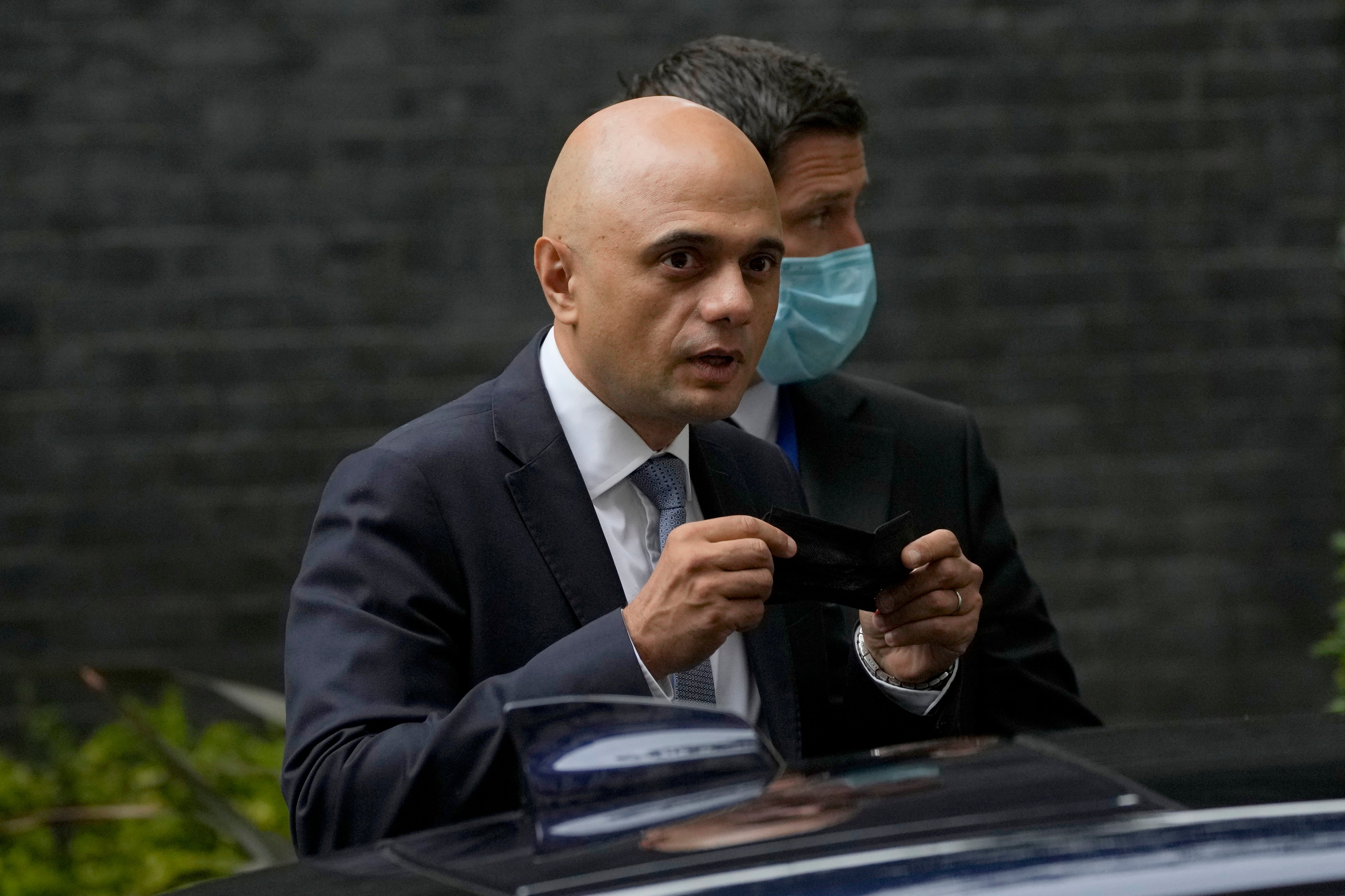Mental health was completely forgotten in the government’s reshuffle – it will cost lives
Since 15 September, the UK has been without a minister for mental health and suicide prevention


Your support helps us to tell the story
From reproductive rights to climate change to Big Tech, The Independent is on the ground when the story is developing. Whether it's investigating the financials of Elon Musk's pro-Trump PAC or producing our latest documentary, 'The A Word', which shines a light on the American women fighting for reproductive rights, we know how important it is to parse out the facts from the messaging.
At such a critical moment in US history, we need reporters on the ground. Your donation allows us to keep sending journalists to speak to both sides of the story.
The Independent is trusted by Americans across the entire political spectrum. And unlike many other quality news outlets, we choose not to lock Americans out of our reporting and analysis with paywalls. We believe quality journalism should be available to everyone, paid for by those who can afford it.
Your support makes all the difference.We have somehow reached a point in the mental health conversation where the solution for improving mental health is always “talking”. For people in crisis, talking saves lives, and none of us can do without it. But when it comes to the specialist help and treatment people need for mental health problems, words alone are not enough. People like me who live with mental health problems want more than just talk. We need action.
In my experience, what I needed when I lived with severe anorexia was specialist treatment. I was already able to talk about my mental health, and I was already asking for help. We are always told that these are the things we need to do when we are struggling, but asking for help might not make much difference if the support you need simply isn’t there.
I waited for over six years before I had specialist treatment. During this time I was in and out of hospital with life-threatening physical health problems yet told by mental health services that they didn’t have the resources to help be because I was “too underweight”. I felt like I was too sick for help; somehow not worth helping.
My experiences have showed me that mental health is a political issue. In the end, I only accessed treatment after politicians decided to fund services in my area. But mental health in politics is still addressed with warm words and a lack of action, as shown in last week’s cabinet reshuffle.
While the press got carried away with the latest Downing Street psychodramas, one part of our ministerial manoeuvrings went relatively unnoticed. Since 15 September, the UK has been without a minister for mental health and suicide prevention. Some ministers have acquired new titles, and departments have acquired new remits like “levelling up”, but mental health seems to have been shed as a named responsibility.
This hasn’t stopped the government from using mental health as a talking point, though. Health Secretary Sajid Javid’s recent speech on “the hidden costs of Covid-19” focussed on tackling the backlog in the NHS and levelling up the country’s health. “Nowhere is this mission more urgent than when it comes to our mental health and wellbeing,” he said. “I value mental health as much as I value physical health. I believe in the ‘parity of esteem’.”
It’s easy for politicians to talk the talk about mental health yet fail to deliver better services on the ground. As noble as it is to “believe” in parity of esteem, a sentimental value for mental health doesn’t match the value that cold hard cash could in transforming overstretched services and improving lives.
In his speech about the backlog, Javid mentioned how “more than five and a half million people are on the waiting list for elective treatment”, but somehow forgot to mention the eight million people estimated by NHS Providers not meeting the threshold to access NHS mental health services. As one of those people, it would help to be acknowledged too. More than this, it would be nice to know the plan to help people like me get the help that we need, and who is responsible.
Sajid believes the pandemic has shown that “our mental health can be so fragile when the scaffolding of our daily lives is taken away”, but forgets to mention how, for many people, there was little scaffolding there in the first place. For example, people with eating disorders have been dying unnecessarily for years because the structures aren’t in place to ensure we have safe care when it’s needed.
When it comes to mental health, warm words alone will never be enough if policies aren’t there to show mental health has value in practice. Levelling up mental and physical health requires action and change, not just conversations. It means acknowledging how unequal things have been – and still are – when it comes to accessing mental health support compared to physical healthcare. It requires brave action, to give eight million people options to help them recover. We need a new minister who is bold in pushing the government to take action, not just to keep up the narrative. Let’s hope we get one.
James Downs is a mental health campaigner. He holds various roles at the Royal College of Psychiatrists and NHS England aimed at improving support for those experiencing mental health problems and eating disorders
Join our commenting forum
Join thought-provoking conversations, follow other Independent readers and see their replies
Comments